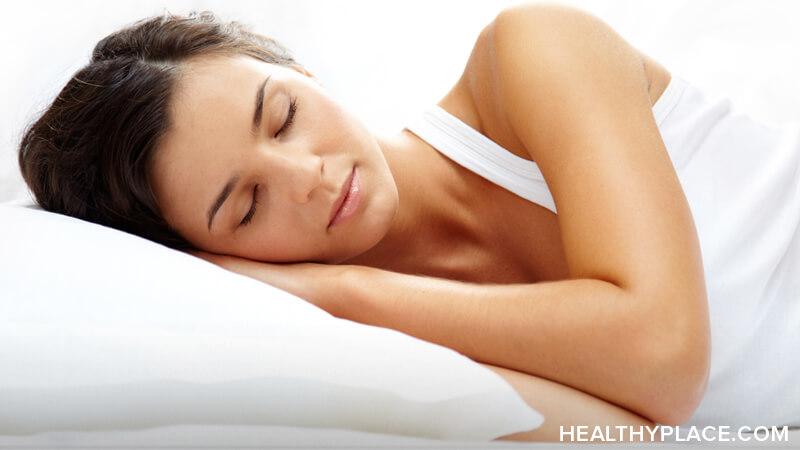Sleep Basics: Why We Sleep and the Sleep Cycle

Learn the sleep basics - why we sleep. How the sleep cycle, or the stages of sleep, work. Why your circadian clock, circadian rhythm, is the key to good sleep.
Why Do We Sleep?
Sleep is a process needed by the body as much as food or water and yet is not completely understood. While sleep outwardly appears to be exclusively restful, inwardly, sleep is actually a heightened state wherein molecules are constructed from smaller units in the body. This is known as anabolism. This process accentuates the growth and rejuvenation of immune, nervous, skeletal and muscular systems.
Sleep Cycle: The Stages of Sleep
Sleep is divided into two categories:
- rapid-eye movement (REM sleep)
- non-REM sleep
The American Academy of Sleep Medicine further divides non-REM sleep into stages N1, N2 and N3, N3 being the deepest level of sleep. Sleep usually progresses from N1 to N2 to N3 to N2 to REM sleep. Deep sleep tends to occur earlier in the night and REM sleep occurs just before waking.
- During N1 sleep, people lose awareness of their physical surroundings and occasionally experience hallucinations or involuntary muscle twitches which may induce wakefulness.
- Stage N2 sleep is characterized by a complete loss of environmental awareness and this stage occupies 45% - 55% of adult sleep.
- Stage N3 sleep is the deepest sleep and is when parasomnias (undesirable sleep experiences) like night terrors, bedwetting, sleepwalking and sleep-talking can occur.
- REM sleep is responsible for almost all dreams and accounts for about 20% - 25% of adult sleep. Muscle paralysis is experienced in this stage of sleep. This is thought to prevent the physical acting out of dreams4.
The disruption of any sleep stage, or the standard progression through the stages of sleep, can indicate a sleep disorder, and specific sleep disorders are typically associated with specific sleep stages. For example, sleepwalking, night terrors and the acting out of dreams is associated with REM sleep, whereas sleep paralysis is associated with stage N1 sleep.
Medications and other disorders such as depression are also known to affect the sleep cycle in specific ways. In depression, for example, people typically have difficulty in achieving and sustaining stage N3 sleep causing increased fatigue during the day (Read: Depression and Sleep Disorders).
The Circadian Clock
The sleep-wake cycle is controlled by the circadian clock. This clock is an inner time-keeping mechanism that works in tandem with body temperature fluctuations and enzymes to determine the ideal timing of correctly structured and restorative sleep 5. For example, if a person with correctly structured sleep typically wakes early, they are unlikely to be able to sleep in, even if sleep deprived. Disruption of the circadian clock (circadian rhythm) alters the sleep-wake cycle such that the person is no longer sleepy at night or alert during the day. This disruption can also alter when a person gets hungry.
APA Reference
Tracy, N.
(2019, September 8). Sleep Basics: Why We Sleep and the Sleep Cycle, HealthyPlace. Retrieved
on 2024, April 17 from https://www.healthyplace.com/other-info/sleep-disorders/sleep-basics-why-we-sleep-and-how-sleeping-works



